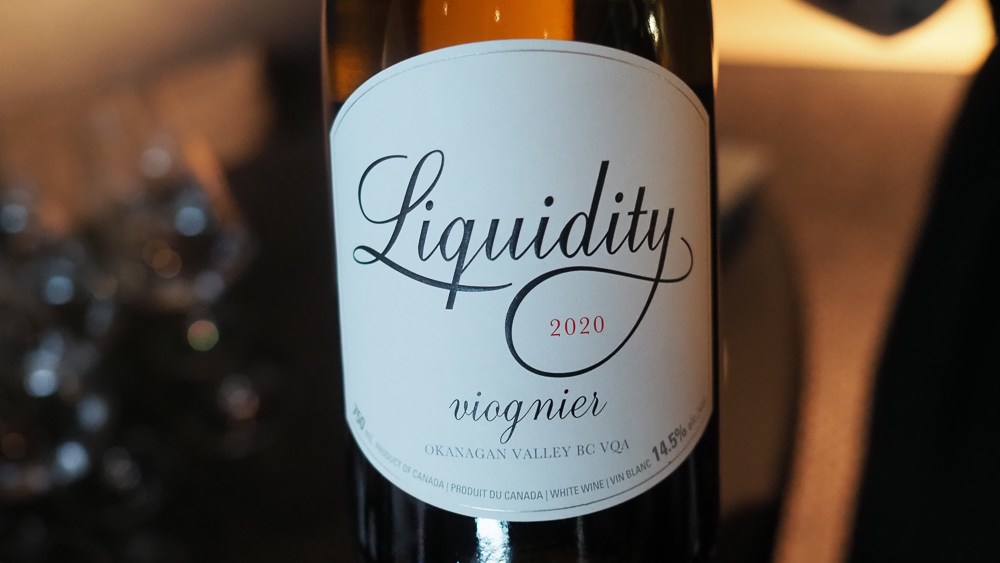A solemn and wise philosopher named Frank Zappa once remarked that you can’t be a real country unless you have a beer and an airline. It helps if you have some kind of a football team or some nuclear weapons, but at the very least, you need a national beer.
I got to thinking about those sage words on Canada Day last week, while I cracked open a frosty can of Meridian Black Lager, my favourite brew from Chestermere’s own local pride and joy, Township 24 Brewing.
Looking back to the callow days of my squandered youth, our national beers were very obvious, and you were either a Labatt Blue drinker or a Molson Canadian drinker, a rivalry as fierce as Coke vs Pepsi, Mac vs PC, or Ford vs GM.
Our national beers are less clear these days, with Labatt acquired by a foreign conglomerate in 1995, and Molson following suit in 2005, making our two historical national brews no longer owned or headquartered in Canada.
Canada is by no means unique in this respect, as the ongoing globalization and consolidation in the booze industry have resulted in global oligopolies, with hundreds of breweries now in the hands of a few giant multinationals.
It was not always this way, as the humble beginnings of Canada’s beer industry were decidedly local when our home and native land was in its early days.
The Canadian beer industry began in the late 1600’s, introduced by European settlers who were delighted to find that Canada’s climate was ideal for making beer back in those pre-refrigeration days.
The earliest brewers in Canada are still household names, easily recognizable from coast to coast. John Molson set up his eponymous brewery in Montreal back in 1786, followed by Alexander Keith in Halifax in 1820. John Labatt followed shortly after with his brewery in London (Ontario) in 1847, and all three are still going strong, albeit under foreign ownership.
The early days of the Molson Brewery in Montreal could not be described as a raging success, as the French-speaking majority in Quebec preferred wine instead of beer.
That was turbulent era in Canada’s history, with many British Loyalists emigrating from the rebellious United States to the more properly regal nation of Canada, which was still loyal to the British crown.
This influx of beer drinkers was just what Molson needed, and before long, his little brewery had grown to ten times its original size, and still could not keep up with demand.
To this day, the brewery operates from the same location on the banks of the St. Lawrence river, churning out frosty bottles of liquid joy for boozers across Canada and around the world.
Molson Breweries is the second-oldest continuously operating company in Canada, trailing only the Hudson’s Bay Company.
In a shocking blow to our national pride, Molson was acquired by Denver-based Coors in 2005. Molson still controls around 40% of the Canadian beer market, but its new corporate parent gives it a more global reach to world markets.
Labatt Breweries were a relative latecomer on the Canadian beer scene, opening for business in Ontario in 1847. Times were tough during Prohibition, but they struggled through, and were the only Canadian brewery to emerge from the dark days of that failed social experiment with their original management team intact.
Similar to its arch-rival, Labatt controls around 40% of the Canadian beer market. The 20% not controlled by Molson or Labatt are a few regional brewers like Moosehead, and a whole bunch of small fry like Alberta-based Big Rock or Alley Kat.
Reflecting on the present day, I no longer drink what could be called a national beer, with my imbibing habits now completely satisfied by Alberta craft brewers, up from only a handful a short decade ago, but now at 150 different Alberta brewers and growing every day.
As refined and thoughtful a statesman as Frank Zappa may not approve of me abandoning our national beers for locally produced alternatives, but necessity is the mother of invention for the patriotic imbiber on Canada Day, with the bulk of our beloved Alberta brewers still being locally owned.
Show your local pride not just on Canada Day, but every day of the year by choosing an Alberta craft beer at your local bottle shop or watering hole.






